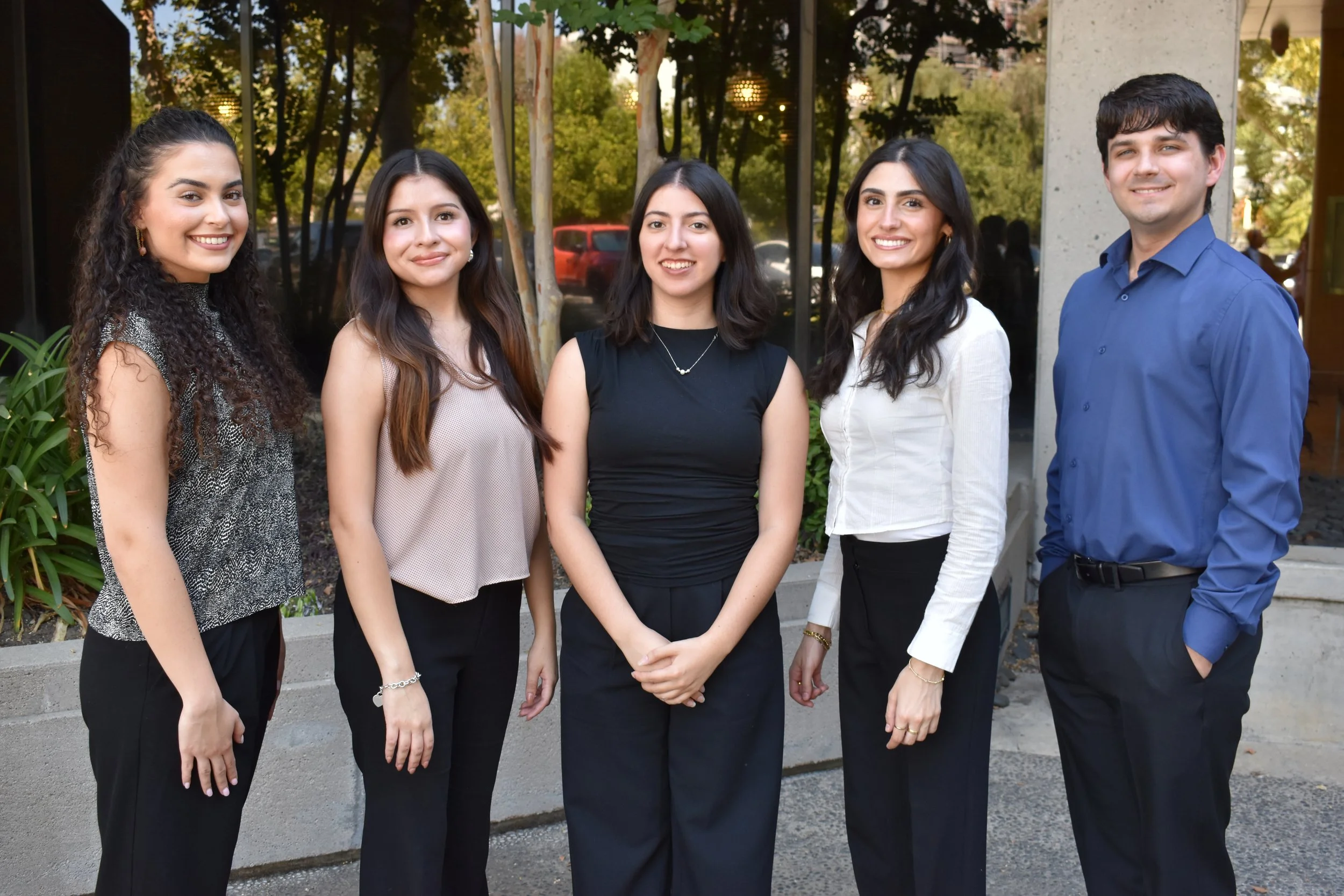Forensic Non-Clinical Training
Psychometrist Trainees 2025/2026
SCNPG has two general ‘tracks’ for graduate training: 1) Graduate level clinical training (practicum/graduate level and higher), and 2) Forensic non-clinical training (undergraduate and bachelor degree level).
As part of the non-clinical training program students will receive supervision and training around administration and scoring of psychological and neuropsychological measures. Trainees will also get to participate in didactic presentations, case discussions, and group supervision along with the graduate clinical trainees. Our clinic has historically trained and successfully incorporated bachelor-level trainees into our practice as psychometrists, alongside practicum-level doctoral students in clinical psychology programs.
We provide access to all didactic material, lectures and activities for both tracks; however, expectations in regards to performance and commitment to the SCNPG program rise according to the student’s education status. Undergraduate students are expected to actively participate in training sessions, observation of assessments conducted by clinical staff, and develop skills around administering and scoring assessments. Each trainee will be evaluated based on their developmental and educational level, completing quarterly evaluations with the training coordinators to assess their progress and training needs. The goal is to work toward functioning as a psychometrist; identifying a testing battery, successfully administering identified tests, scoring and creating a graph of all data, and putting together a draft of the completed report, including all test results. All test interpretations and diagnoses will be reviewed and finalized by doctoral clinical staff.
Students will have the opportunity to observe and work with clinical staff at various levels in their education, pre- and post-doctoral. Although students may not engage in clinical tasks, they will be able to observe clinical intakes and feedback sessions when available.
Preferred applicants are hard-working, conscientious, open to constructive feedback, have strong organizational skills and are passionate about learning clinical neuropsychology as a practice. We are committed to offering the training necessary to foster competent and confident providers in this field.
For more information regarding our non-clinical psychology training program, please consult the relevant sections of our training handbook listed in the drop-down menu above. You may also email the training coordinators at (info@socalnpg.com) regarding any questions.
If you are interested in applying for our training, please send the following directly to our training program via email at info@SocalNPG.com. Applications are accepted in the spring (Deadline is the last day of May each year) for the following year-long cohort starting in the summer of each year (July).
Application Requirements:
Cover Letter (expressing interest in this position as well as how it will meet your future educational and career goals)
Curriculum Vitae/Resume

